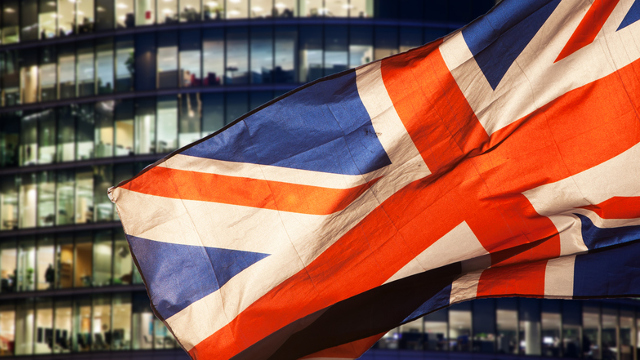Market snapshot: will cheap UK stocks be a ‘buy’ in Q4?
Our head of markets explains how global markets are poised at the start of the fourth quarter.
1st October 2020 08:11
by Richard Hunter from interactive investor
Our head of markets explains how global markets are poised at the start of the fourth quarter.

US markets ended the third quarter of the calendar year positively, although the month of September was one of little progress.
Meanwhile, the UK failed to benefit from the slightly improved sentiment, as the latest targeted lockdowns put further pressure on an already beleaguered economy. The new quarter has seen a tentatively encouraging opening.
For the US, pleasing employment and home sales data, coupled with politicians expressing hope in being able to agree further fiscal stimulus, was enough to propel shares higher overnight. Any such recovery remains brittle, however, with the Presidential election already showing signs of being a drawn out and aggressive affair, while in the background unemployment remains a thorn in the politicians’ side.
The year-to-date figures are robust given the current uncertainty of the economic backdrop. The Dow Jones has lost 2.6% as at the end of September, the S&P 500 index is ahead by 4.1%, while the march of the tech titans continues, with the Nasdaq ahead by 24.5% in the year to date.
- Invest with ii: Top UK Shares | Share Prices Today | Open a Trading Account
The potential for further global lockdowns has resulted in a reassessment of whether the working from home culture will become the norm, with tech stocks being in the centre of the cultural shift.
Unfortunately, the tourism and travel sectors have, for the moment, given up the ghost, while the hospitality sector has been dealt another blow. Alongside, bank stocks remain in the doldrums with concerns of increasing bad debts continuing to weigh heavily, let alone the limiting income impact of historically low interest rates. All have fallen significantly in the year to date, with Barclays (LSE:BARC) down 46%, HSBC Holdings (LSE:HSBA) 49%, NatWest (LSE:NWG) 56% and Lloyds Banking Group (LSE:LLOY) 58%.
The FTSE 100 index itself, also home to mature and cyclical businesses which have struggled during the pandemic, currently stands down by 22% in 2020, with immediate prospects indistinct. There seems to be general agreement that the UK’s premier index is currently undervalued, but this has not proved enough to tempt international institutional buyers back into this market.
These articles are provided for information purposes only. Occasionally, an opinion about whether to buy or sell a specific investment may be provided by third parties. The content is not intended to be a personal recommendation to buy or sell any financial instrument or product, or to adopt any investment strategy as it is not provided based on an assessment of your investing knowledge and experience, your financial situation or your investment objectives. The value of your investments, and the income derived from them, may go down as well as up. You may not get back all the money that you invest. The investments referred to in this article may not be suitable for all investors, and if in doubt, an investor should seek advice from a qualified investment adviser.
Full performance can be found on the company or index summary page on the interactive investor website. Simply click on the company's or index name highlighted in the article.